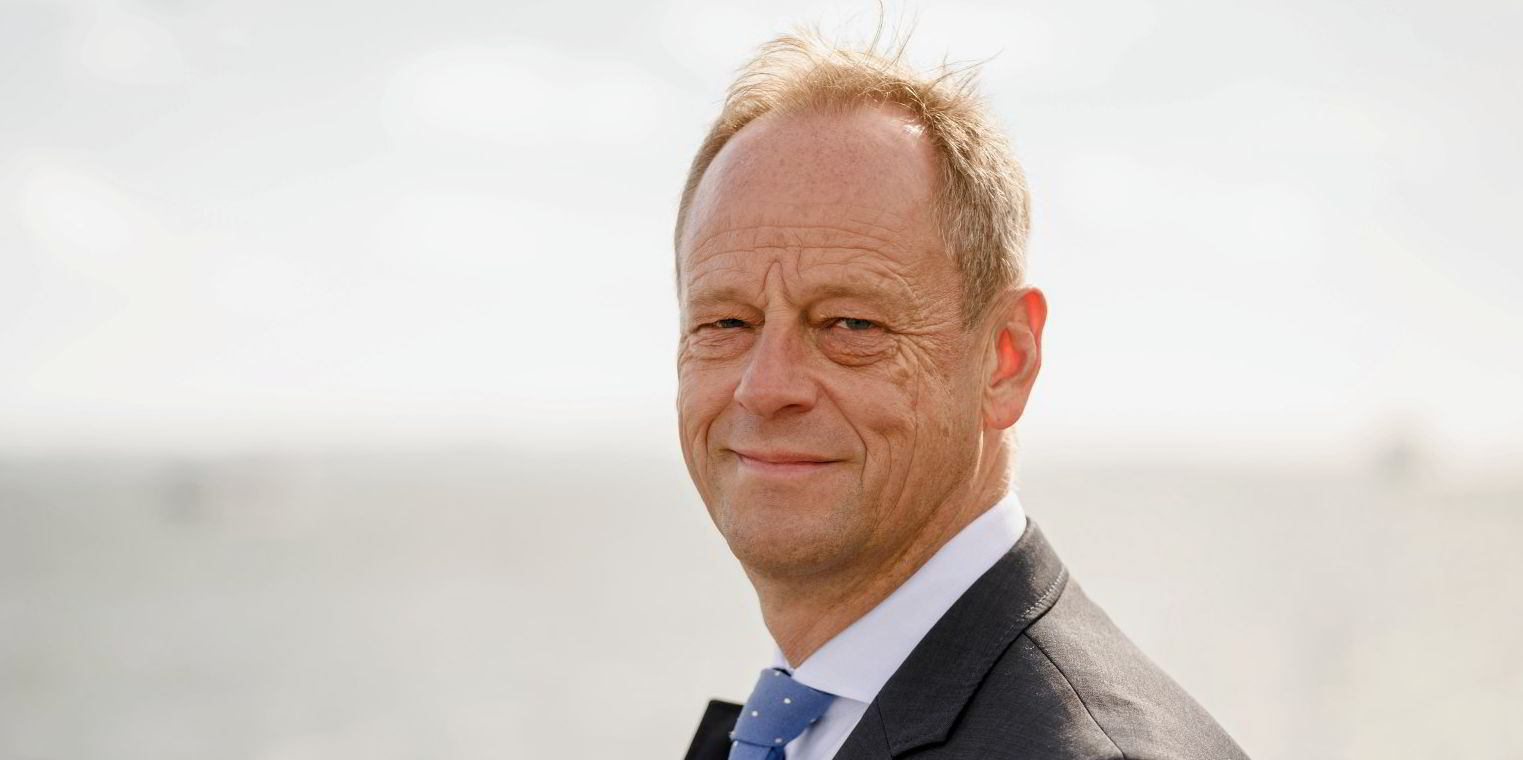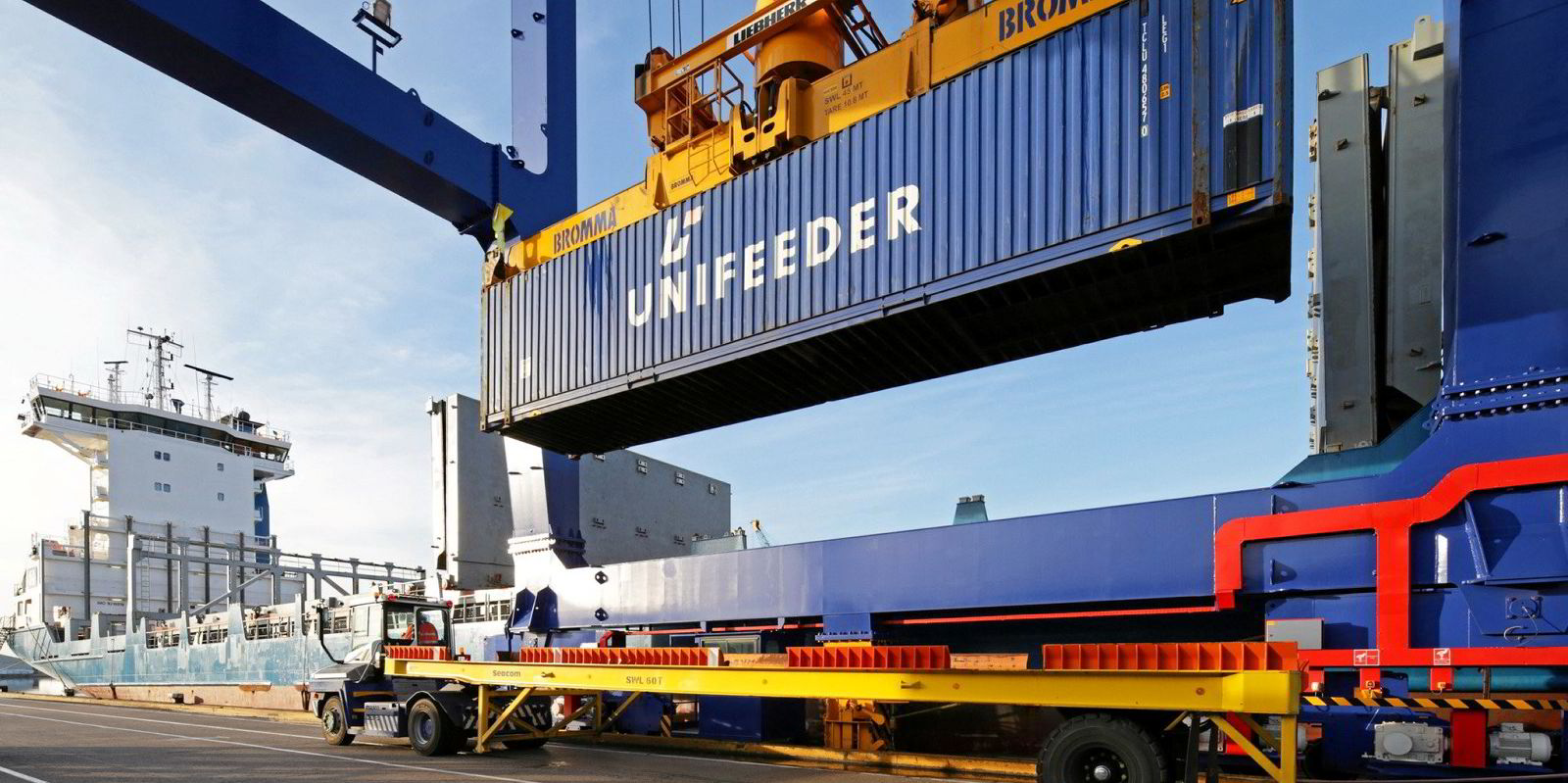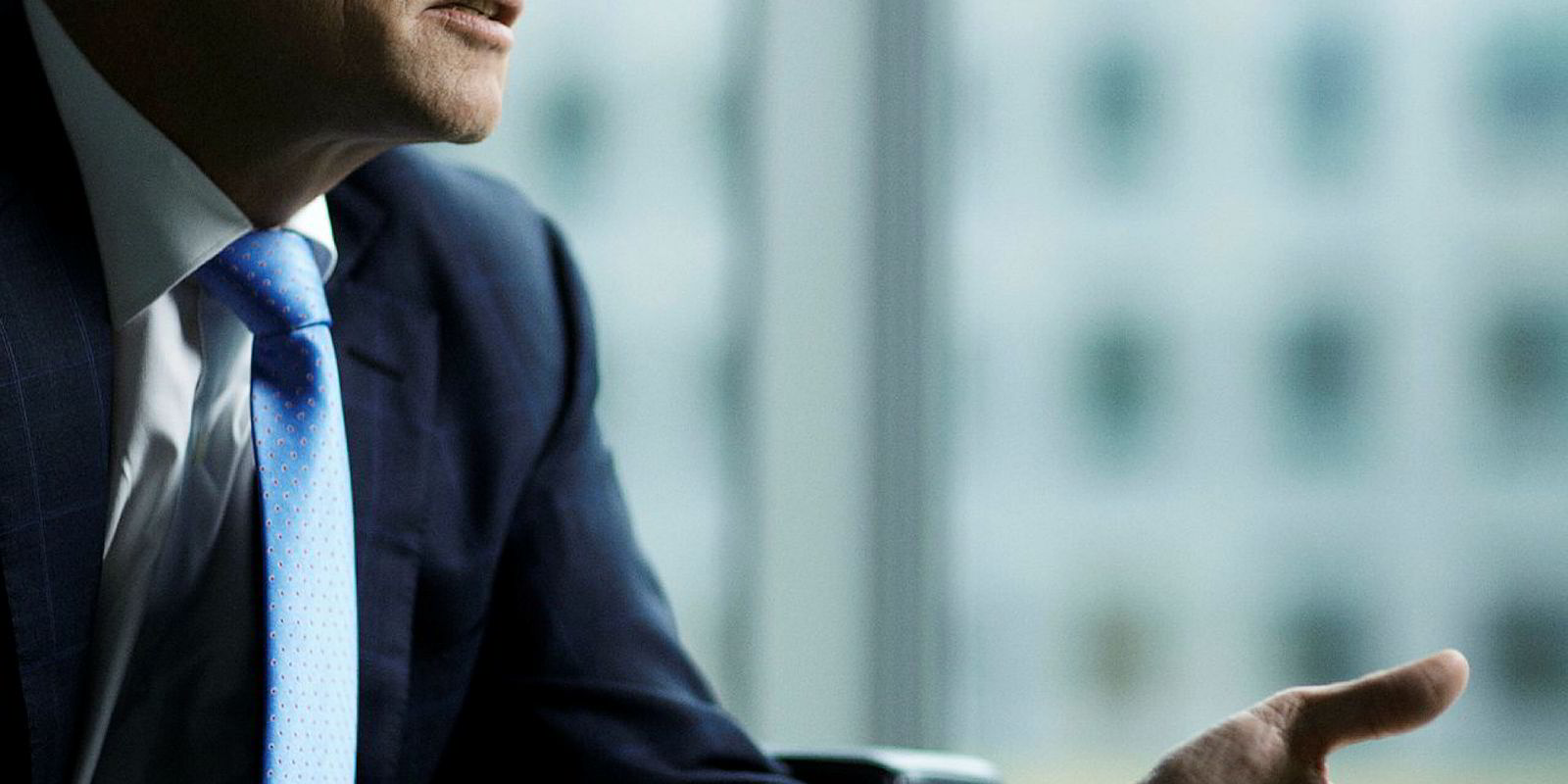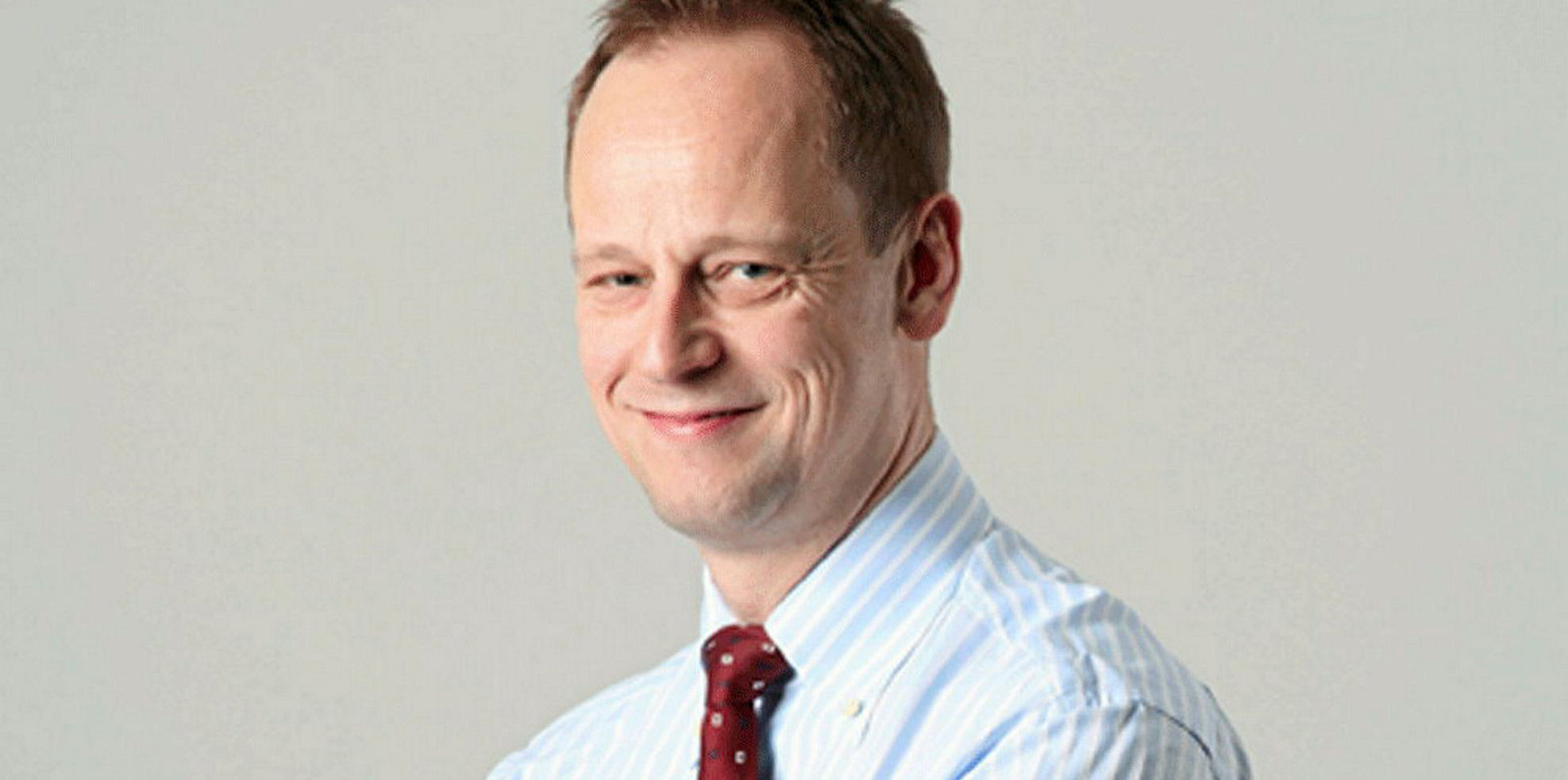DP World’s Unifeeder is one of the world’s largest feeder container operators, but it has no plans to join many of its market peers that have been buying ships.
Chief executive Jesper Kristensen, who also heads DP World’s marine services vertical, told TradeWinds that although the company has been tempted and come close at times to buying or building ships, it has stuck to its guns and remained completely asset-light. It owns none of the ships that trade in its fleet.
Unifeeder’s business model is that of a commercial third-party feeder operator. Kristensen said it must therefore be more efficient than its customers would be if they ran the service themselves.
“All customers in a feeder business are shipping lines themselves. They can easily run a feeder service from A to B, so if we want to convince them that they should let us do it, we had better be more efficient, more agile and more adaptive to what is going on out there than they could be themselves.”
To do this, Denmark-based Unifeeder has to make sure it is “always a little bit more optimised than the mainline carriers, and it does this by being flexible on tonnage, adjusting vessel equipment to the requirements and demands”, he said.
“We have seen over the years that being able to charter, and charter in many different ways and in many different geographies, means that we can better mirror the markets.”
Many of Unifeeder’s peers have recently acquired secondhand ships or ordered newbuildings, as a hedge against volatile charter rates.
Instead of following the same path, Unifeeder adapted its chartering methods, putting increased emphasis on longer fixtures.
“We are prepared to go out and take much longer commitments on tonnage than we were previously doing. Historically it was very short-term. Now we charter on very varying terms. Some of the charters are very long-term,” said Kristensen.
This strategy, he claimed, will also help Unifeeder meet its decarbonisation goals.
“It’s going to be an important part of the way we can influence which ships are being built to which specifications.”

Unifeeder was founded in 1977. Kristensen joined as a capacity manager in 1990 and rose through the management ranks to become chief executive in 2007.
DP World acquired the company from Nordic Capital for $695m in 2018.
“It was a little bit surprising to all of us on the receiving end that DP World appeared, because it was before many had started speaking about end-to-end and enlarging your touch points in the supply chain,” said Kristensen.
“But I must admit, it very rapidly became clear to us that this was not a bad value proposition.”
Since being taken over by DP World, Unifeeder has gained three subsidiaries with the acquisition of a 77% stake in Singapore’s Feedertech and the purchase of the non-vessel-owning activities of the Transworld Group and affiliated Shreyas Shipping.
“It’s all about expanding and broadening your network and footprint based on delivering the right solutions in the right market. We are now the biggest domestic feeder and shortsea operator in India, which was important for us because of DP World’s presence in India and because of India’s importance in itself,” Kristensen said.
Unifeeder today operates services in Europe, North Africa, the Mediterranean and Black Sea, the Caribbean, Asia, the Middle East and the Indian subcontinent. It employs more than 1,300 staff and has activities and branches in around 25 countries.





